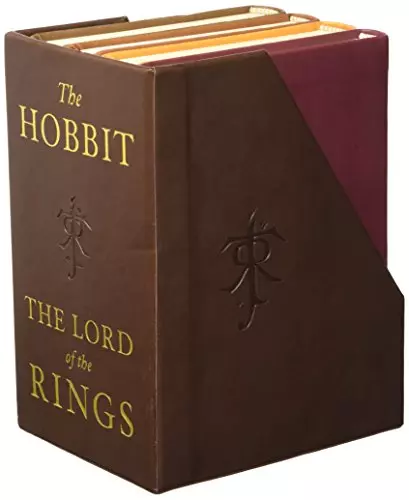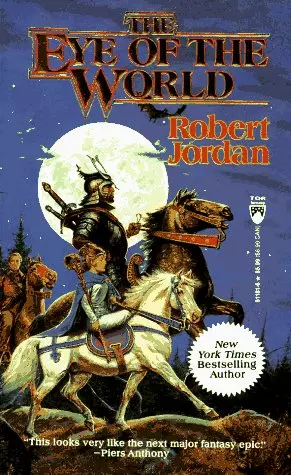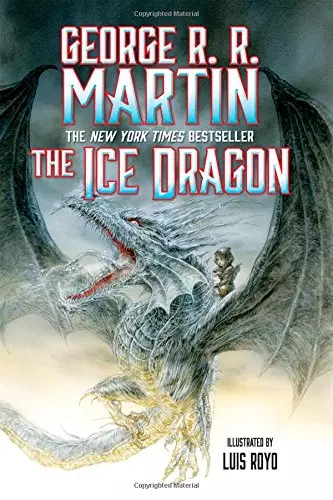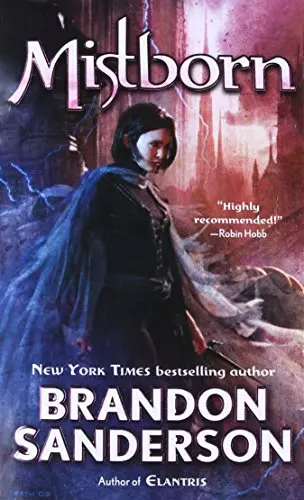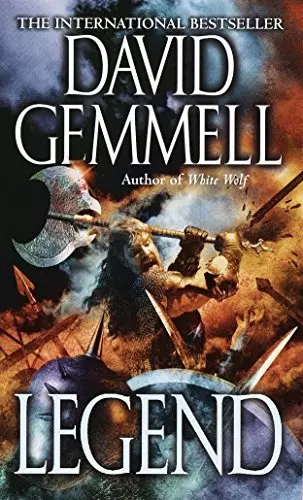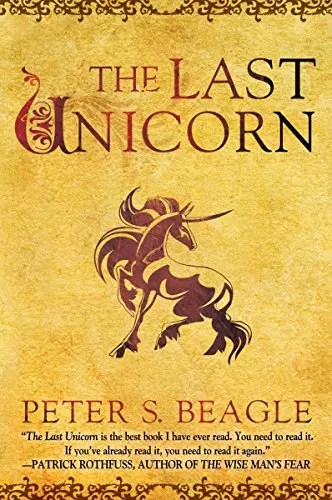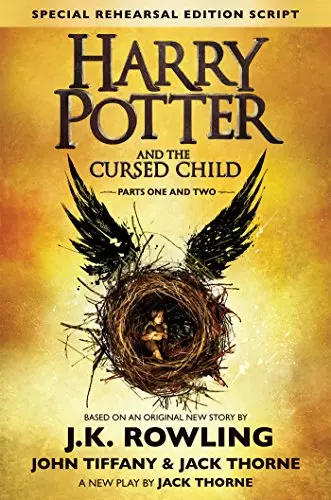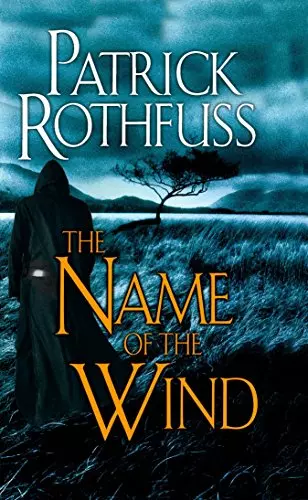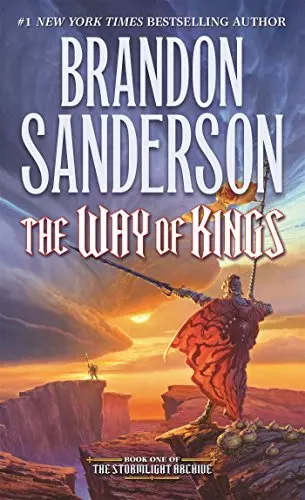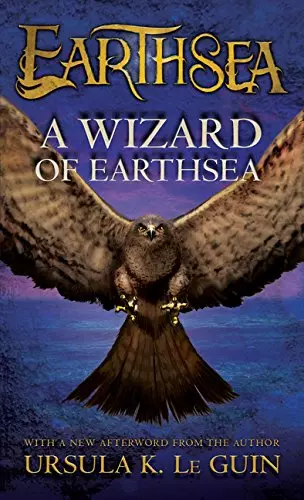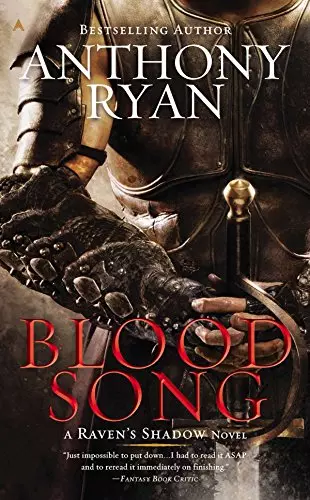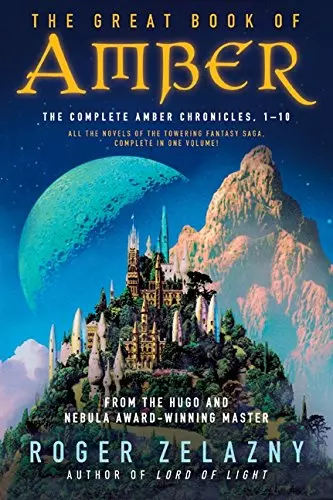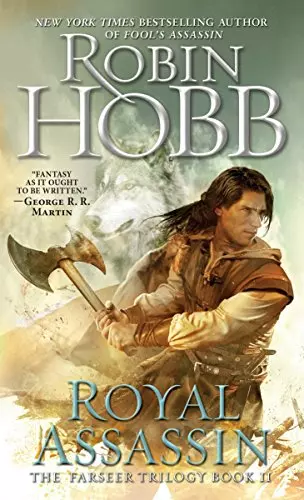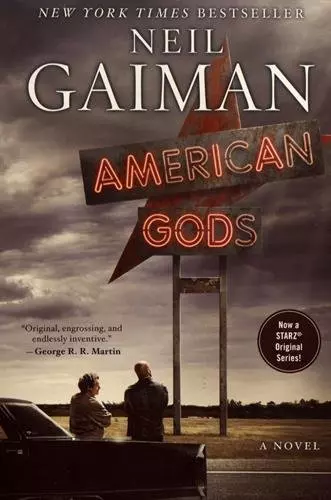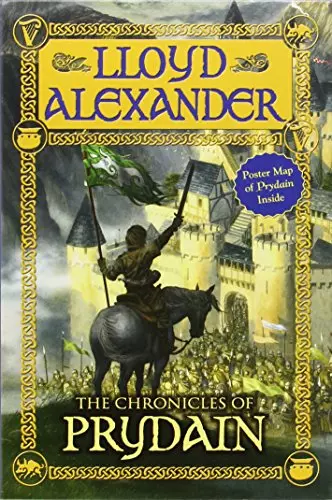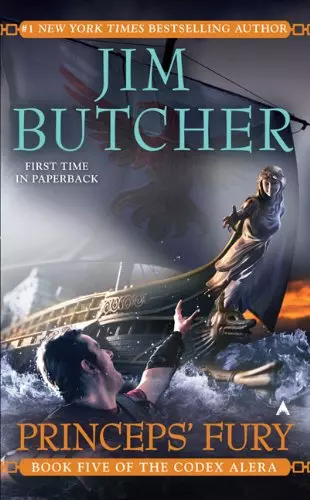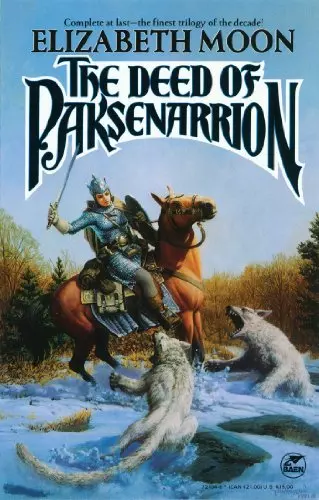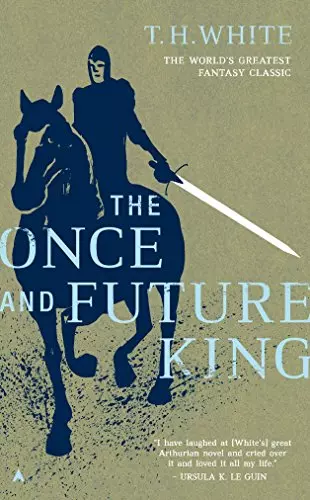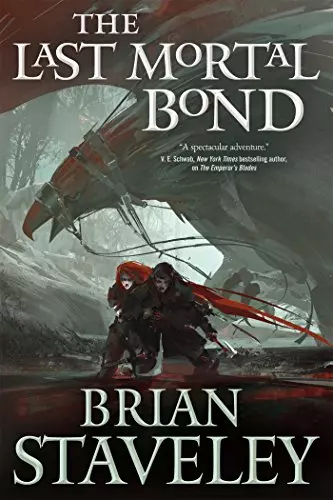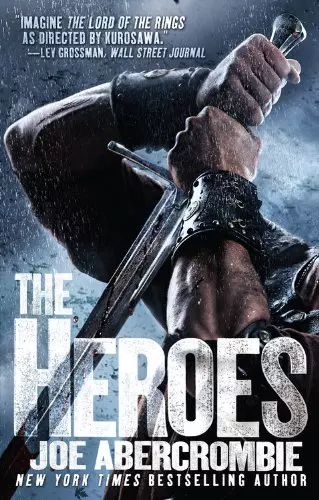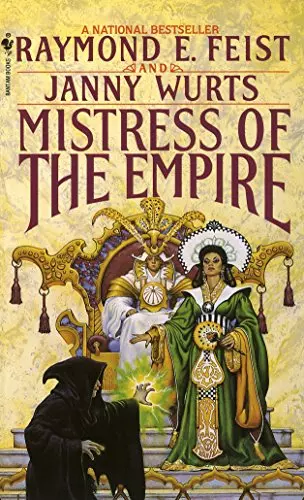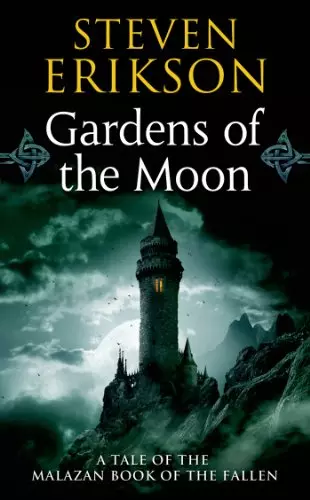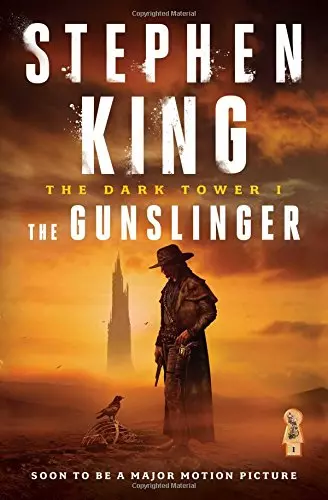Top 25 Best Heroic Fantasy Books
The Best Heroic Fantasy Novels in the Genre
Heroic Fantasy is perhaps the most iconic of its class. It carries the flagship heavyweights like The Lord of the Rings; hefty not only in size but in imagination. We love to see the little guy get his day in the sun, and this genre is full of these incredible transformations from humble beginnings to dramatic heroism.
To qualify for a slot on my list of the top 25 Heroic Fantasy novels of all time, these stories must be more than a good read, they have to be something I would read again and, of course, feature 'heroism' as one of the main driving forces of the novel and the protagonist.
Heroic fantasy is often included as part of many other classic fantasy subgenres (epic fantasy, high fantasy, grimdark, etc), but it can exist as it's own subgenre too. Just note that because of how inclusive this subgenre is, you'll often find MANY of the books can be included as part of another subgenre list. Read our Heroic Fantasy subgenre guide for a more complex breakdown on what defines this genre.
Now for the picks: these are the books that kept me up through the night (sometimes into the morning) because I seriously had to know what was coming!
So here are twenty-five heroic fantasy must-reads: the books that I feel stand out above the other books in the genre (and trust me, there are hundreds, if not thousands of heroic fantasy books out there).
Ranked Fantasy Books
Trending Books in Top 25 Best Heroic Fantasy Books
Trending Fantasy Booklists
Best Fantasy Books 2025
The Must-Read Fantasy Releases of 2025 That Fans Are Devouring Worldwide
Top 25 Best Fantasy Books
Love fantasy novels? Hate wasting time reading trash? Then read this definitive guide to the top 25 Fantasy books in the genre.
The Best Sci-Fi Movies
The Best of the Best Science Fiction Movies
Top 50 Best Epic Fantasy
The Absolute Best Epic Fantasy Series
Top 10 Sci-Fi Movies That Make You Think
Top 10 Sci-Fi Movies That Make You Think
Top 100 Fantasy Books
The Top 100 Best Fantasy Books Ever Written

